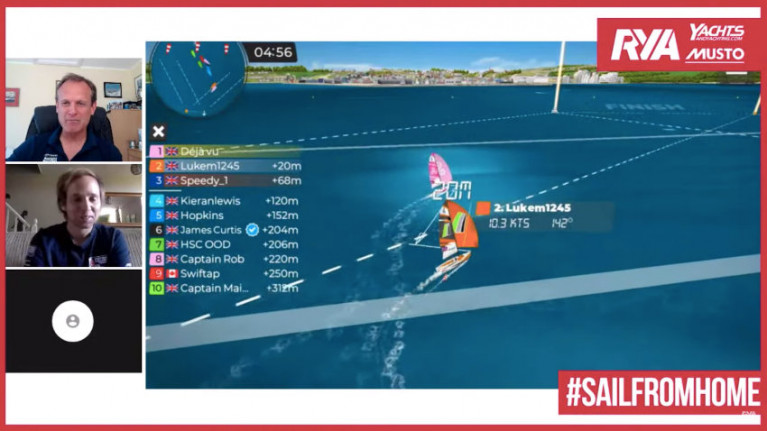Displaying items by tag: Luke McIlwaine
Newcastle Yacht Club’s Luke McIlwaine has claimed fifth spot in the RYA eSailing Spring Club Championship after battling it out against nine other competitors.
The other sailors came from right across the regional and home countries. Instead of taking to the water, this time they logged on to compete against their fellow racers virtually, in a series of five races with two discards.
With live commentary from Yachts & Yachting’s Mark Jardine and RYA Pathway coach Johnny McGovern, who himself competed in the eSailing Lockdown Cup and was part of the winning ‘Splashes’ team, racing was extremely tight throughout the championship final.
A total of 2,932 sailors, from 178 different clubs from across the RYA regions and the home countries, took part in the RYA eSailing Spring Club Championship, competing in club and regional championships before whittling down to just 10 finalists.
McIlwaine earned his spot in the final with his win in the Northern Ireland regional event last month.
RYA Northern Ireland’s chief operating officer Richard Honeyford said: “eSailing has been a fantastic way for our sailors to keep in touch and continue developing their race skills over the last few months while we were unable to get out on the water.
“Luke put in an impressive performance and we are delighted with his success.”
If you missed the action, you can still catch it on the RYA YouTube channel.
Next on the RYA’s eSailing calendar is the Spring Class Championship. For more visit www.rya.org.uk/go/esailing






























































